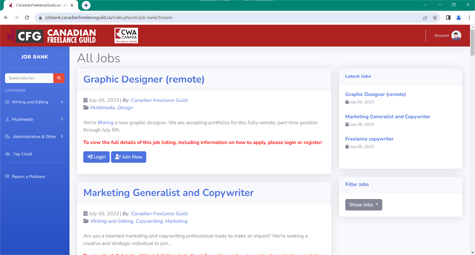Conflict Reporting in a Freelance Job Market 
Across newsrooms and beyond, the assassinations of US journalists James Foley and Steven Sotloff raised a lot of questions and sold a lot of advertising to newsreaders. But they drew few ideas about what can be done systematically to improve safety for the freelancers and stringers on which the world relies for conflict reporting.
Perhaps that's because so few questions dared address the elephant in the room: that those of us who buy and consume the work of freelancers don't concern ourselves with their conditions of work.
We know that the risk of violence is real in ever new and growing forms. We also know the global demand for instant and timely information from zones of war and environmental threat is also at a high.
But how might we take measures, individually and collectively, to help freelancers get appropriate pay for the risks they take? ...Or supports toward staying alive so they, too, can come home from work safe and sound each day, something most of us take for granted within our own jobs.
By and large, Canadian and Western media agencies have chosen to eschew all corporate liability for the safety, insurance and well being of their freelance global content producers. They buy freelancers' works, but have offloaded all the risks for being in harm's way to get that story, that photo or footage, to those same freelancers.
For Western trained or raised freelancers, the media outlets who purchase, publish and profit from their works are simultaneously washing their hands of providing them conflict safety training, equipment, networks of support and insurance, otherwise known as "duty of care."
In the case of local freelancers (reporters, stringers, translators), born or living in parts the Global South where conflicts make the news, they have never enjoyed access to the news agency supports once afforded their foreign counterparts, let alone the stature of Western citizenship that can garner political concern.
But the lid is lifting off this dirty little secret of the global news production chain. On 9 September, in New York City, senior journalism scholars at Columbia University Graduate School of Journalism (CUJ) joined veteran correspondents for a live-streamed conversation on the situation of freelance conflict reporting, #CUJFoley. They and participants in the event's global audience brought a new level of attention to freelancer vulnerability, exposing news agency indifference to the light of day, and raising questions of accountability.
This spotlight helps raise the ongoing work of organizations like Rory Peck Trust (London, UK), the Canadian Journalism Forum on Violence and Trauma (London, Ont.), Canadian Journalists for Freedom of Expression (CJFE, Toronto),CMG Freelance and many others who are stepping forward to fill the gaps and push for industry accountability.
#CUJFoley panelists included:
David Rohde, Reuters columnist and former New York Times reporter, who was held captive for seven months by the Taliban before he escaped.
Rukmini Callimachi, OPC award winner, board member and New York Times foreign correspondent, previously the West Africa bureau chief for The Associated Press.
Phil Balboni, GlobalPost CEO and co-founder, who spent two years fighting for Foley's release.
Nicole Tung, a freelance conflict photographer and friend of Foley's who first discovered him missing.
Below is the Storify of #CUJFoley. CMG Freelance's Steph Guthrie curates the discussion as it unfolded on Twitter.
For the full proceedings, link to the video (program runs 00:15:25 to 1:39:10)




